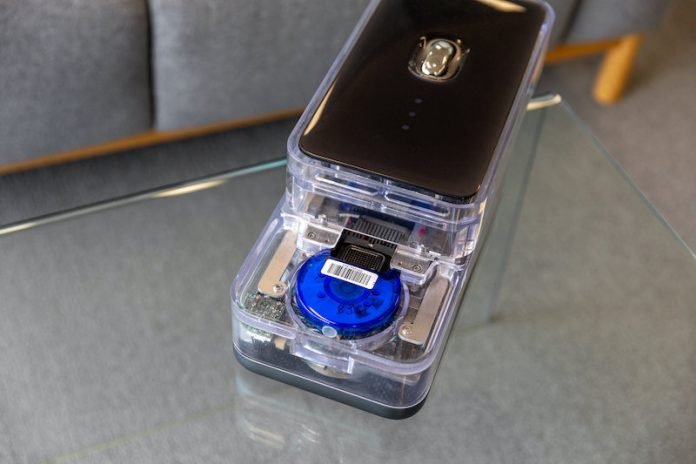
In a new study, researchers found that a 90-minute COVID-19 test has over 94% sensitivity and 100% specificity.
Sensitivity is a measure of how well a test gives a positive result for people who have the disease, and is an indication of how likely a test will produce false-negative results.
Specificity, on the other hand, is a measure of a test’s ability to give a negative result for a people who don’t have the disease and is an indication of the likelihood of false-positive results.
The high-speed tests, which do not require a laboratory and can be performed in cartridges smaller than a mobile phone, were used on 386 NHS staff and patients.
The test can be performed at a patient’s bedside and it has over 94% sensitivity and 100% specificity, which meant it had a high level of accuracy and produced very few false negatives and no false positives.
The researchers say that the test, which can be performed at a patient’s bedside without the need to handle any sample material, has comparable accuracy to standard laboratory testing.
Many tests involve a trade-off between speed and accuracy, but this test manages to achieve both.
The research was conducted by a team from Imperial College London.
To perform the test, a pediatric-sized nose swab from a patient is inserted into the device, which then looks for traces of genetic material belonging to the SARS-CoV-2 virus, which causes COVID-19.
A result is available within 90 minutes, compared to conventional COVID-19 testing which delivers a result in 24 hours.
The test is now being developed for assessing simultaneously Flu-A, Flu-B, and RSV as well as COVID-19.
It is currently being used successfully across eight London hospitals, and due to be rolled out at a national level, and data continues to be gathered from the testing device for continual assessment.
The UK government recently placed an order for 5.8 million of the testing kits.
One author of the study is Professor Graham Cooke.
The study is published in The Lancet Microbe.
Copyright © 2020 Knowridge Science Report. All rights reserved.



